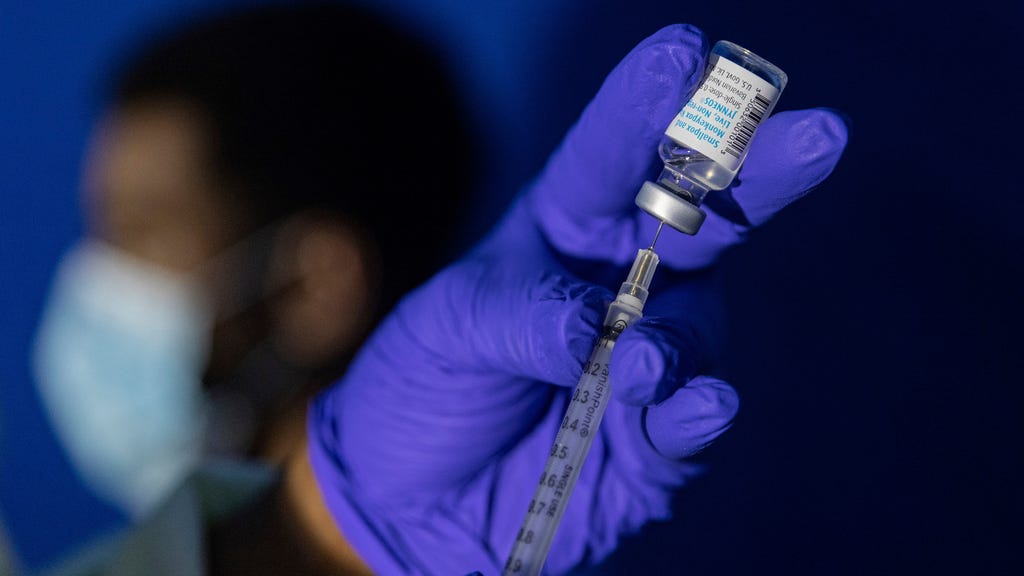The World Health Organization (WHO) has declared a global health emergency due to the outbreak of the infectious disease mpox, formerly known as monkeypox. This declaration underscores the severity of the escalating situation and calls for heightened international collaboration to contain the spread of the virus. The outbreak, initially concentrated in Central and West Africa where the virus is endemic, has expanded rapidly to numerous countries across the globe, presenting a significant public health challenge. The WHO’s declaration serves as a crucial catalyst for intensified surveillance, increased resource allocation, and coordinated international efforts to combat the outbreak and protect vulnerable populations. In response to the escalating global health emergency, public health authorities worldwide are issuing travel advisories and recommendations, urging individuals to be vigilant about potential symptoms, particularly if they have recently travelled to affected regions.
The mpox virus belongs to the Orthopoxvirus genus in the family Poxviridae, the same family as the variola virus (smallpox) and vaccinia virus (used in the smallpox vaccine). The clinical presentation of mpox typically begins with a prodromal phase characterized by fever, intense headache, muscle aches, back pain, fatigue, and swollen lymph nodes, a feature distinguishing it from other poxviruses. Following this initial phase, a characteristic rash develops, evolving from macules (flat discolored spots) to papules (raised lesions), vesicles (fluid-filled blisters), pustules (pus-filled blisters), and finally scabs, which eventually fall off. The rash is often concentrated on the face, palms of the hands, and soles of the feet, but can also affect other areas including the oral mucosa, genitalia, conjunctiva, and cornea. The incubation period, the time between exposure and onset of symptoms, typically ranges from 6 to 13 days but can vary from 5 to 21 days. While most cases resolve within a few weeks, severe complications can arise in certain individuals, particularly children, pregnant women, and those with weakened immune systems.
Public health agencies, including the Folkhälsomyndigheten (Public Health Agency of Sweden), are advising individuals who have recently travelled to areas with reported mpox cases to be particularly attentive to any potential symptoms. If symptoms such as fever, headache, muscle aches, or a characteristic rash develop, it is crucial to seek immediate medical advice and inform healthcare providers about recent travel history. Early diagnosis and appropriate management are essential to prevent further transmission and mitigate the severity of the illness. In addition to symptom awareness, public health recommendations emphasize the importance of preventive measures, including avoiding close contact with individuals displaying mpox-like symptoms, practicing good hand hygiene, and refraining from sharing personal items such as bedding, towels, and utensils.
The Folkhälsomyndigheten and other public health organizations are providing specific travel recommendations to minimize the risk of acquiring mpox while abroad. These recommendations often include avoiding contact with wild animals, particularly rodents and primates, which can act as reservoirs for the virus. Consuming properly cooked meat is also advised, as undercooked meat may pose a risk of transmission. Furthermore, travelers are urged to avoid contact with individuals exhibiting symptoms suggestive of mpox and to practice meticulous hand hygiene. Staying informed about the current epidemiological situation in destination countries and adhering to travel advisories issued by public health authorities are critical for minimizing the risk of infection.
The global response to the mpox outbreak involves multifaceted strategies, including enhanced surveillance to promptly detect and isolate cases, contact tracing to identify and monitor individuals who have been exposed to the virus, and public health education campaigns to raise awareness about mpox, its transmission routes, and preventive measures. Access to diagnostic testing is crucial for confirming cases and guiding appropriate medical management. In certain cases, antiviral medications may be used to treat severe infections or individuals at high risk of complications. Vaccination against smallpox has also been shown to offer some protection against mpox, and some countries are considering or implementing vaccination strategies for specific populations, such as healthcare workers and close contacts of confirmed cases.
The WHO’s declaration of a global health emergency emphasizes the urgency of coordinated international action to combat the spread of mpox. This includes sharing information and best practices among countries, strengthening laboratory capacity for diagnostics, supporting affected countries in their response efforts, and accelerating research and development of effective countermeasures, including vaccines and treatments. The ongoing outbreak underscores the importance of global health security preparedness and the need for robust public health infrastructure to effectively respond to emerging infectious disease threats. Continued vigilance, public health measures, and international collaboration are crucial to effectively contain the mpox outbreak and protect global health.














